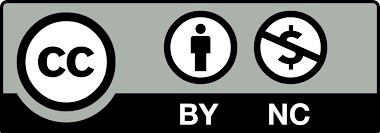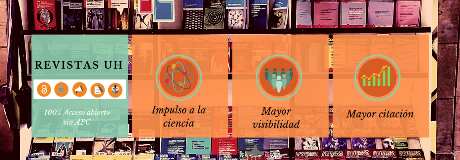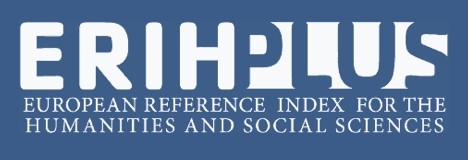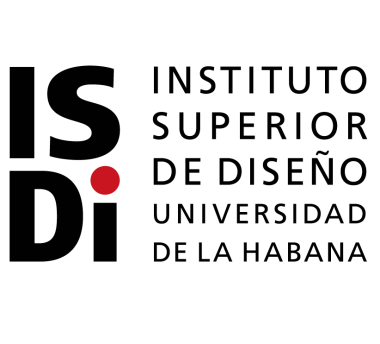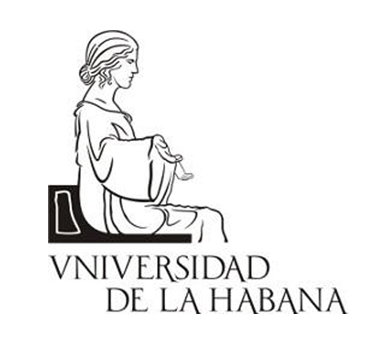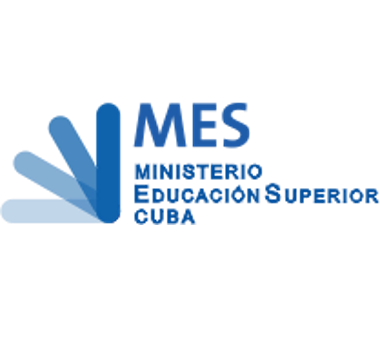Methodology for the validation of measuring instruments.
##plugins.themes.bootstrap3.article.main##
Abstract
In the context of scientific research, measurement is a matter of vital relevance in quantifying the aspects within it. In this process, the measurement instrument plays a central role, if it does not represent the appropriate study variables, research is not relevant. Studies on the subject broadly cover their different issues at a high level and do not describe thoroughly the details of the process. Hence, this work pursues to provide ISDi professionals and students with detailed information and a thorough methodology to follow that facilitates this procedure. This methodology includes different aspects that an appropriate measuring instrument, specifically a questionnaire, must present and in detail what involves its validation.
##plugins.themes.bootstrap3.article.details##

This work is licensed under a Creative Commons Attribution-NonCommercial-ShareAlike 4.0 International License.
- Attribution — You must give appropriate credit , provide a link to the license, and indicate if changes were made . You may do so in any reasonable manner, but not in any way that suggests the licensor endorses you or your use.
- NonCommercial — You may not use the material for commercial purposes .
- No additional restrictions — You may not apply legal terms or technological measures that legally restrict others from doing anything the license permits.
- ShareAlike — If you remix, transform, or build upon the material, you must distribute your contribution under the same license as the original. NOTE: This point applies to numbers 1 to 20 of the magazine with the previous CC-BY-NC-SA 4.0 license. Does not apply to the new CC BY-NC 4.0 license from Volume 11, Number. 21 (2024).
References
Aiken, L. R. (1985). Three coefficients for analyzing the reliability and validity of ratings. Educational and Psychological Measurement, pp. 131-142.
Babbie, E. (2009). The Practice of Social Research. Cengage Learning.
Costello, A. B., & Osborne, J. W. (2005). Best Practices in Exploratory Factor Analysis: Four Recommendations for Getting the Most From Your Analysis.
Escurra Mayaute, L. M. (1988). Cuantificación de la validez de contenido por criterio de jueces. Revista de Psicología.
Grinnell, R. M., Williams, M., & Unrau, I. (2009). Research Methods for Social Workers.
Hambleton, R. K. (1980). Test score validity and standard setting methods.
Hernández Sampieri, R., Fernández Collado, C., & Baptista Lucio, M. d. (2010). Metodología de la Investigación. Mexico D.F: McGraw-Hill.
Lawshe. (1975). A quantitative approach to content validity.
Martínez Arias, R. (1995). Psicometría: Teoría de los test psicológicos y educativos.
Méndez, C., & Rondón, M. (2012). Introducción al Análisis Factorial Exploratorio. Revista Colombiana de Psiquiatría.
Molinero Casares, L. M. (2002). Correlación y Regresión.
Morales Vallejo, P. (2011). El Análisis Factorial en la construcción e interpretación de tests, escalas y cuestionarios. Madrid.






